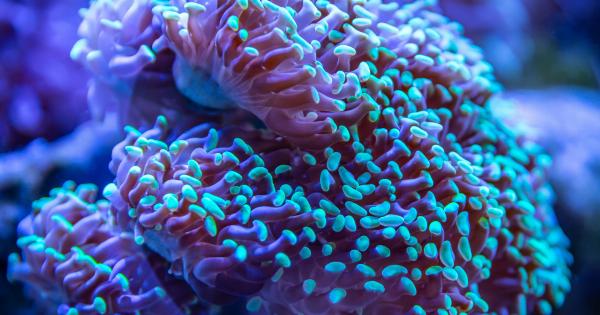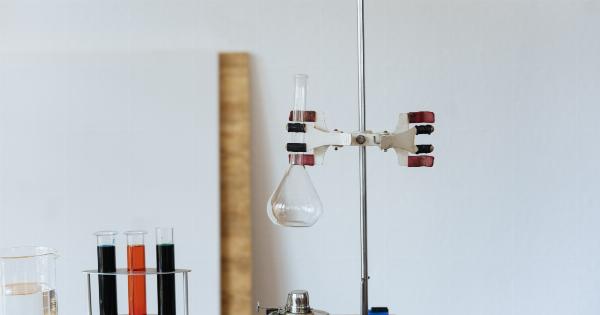Headaches are a common ailment experienced by people of all ages and backgrounds. While there are various triggers for headaches, one potential factor that has gained significant attention is increased salt consumption.
In this article, we will explore the relationship between salt intake and headache incidence, discuss the possible causes and effects, and provide strategies to manage and reduce headaches caused by excessive salt intake.
1. Understanding the Impact of Salt on the Body
Salt, also known as sodium chloride, is an essential mineral that plays a crucial role in maintaining fluid balance, transmitting nerve signals, and supporting various bodily functions.
However, excessive salt consumption can have negative effects on our health.
2. The Effects of Excessive Salt Intake
Increased salt consumption can lead to water retention, causing a rise in blood pressure. This, in turn, can strain blood vessels and increase the risk of developing cardiovascular diseases.
Furthermore, excessive salt intake can also directly affect our neurovascular system, potentially triggering headaches.
3. Potential Causes of Headaches due to Salt Intake
The exact mechanisms by which salt consumption leads to headaches are not yet fully understood. However, researchers have proposed several theories:.
4. Fluid Balance Disruption
Excessive salt intake can disrupt the body’s fluid balance, leading to dehydration or excessive water retention. These imbalances can trigger headaches in susceptible individuals.
5. Blood Pressure Fluctuations
As mentioned earlier, increased salt consumption can elevate blood pressure. Fluctuations in blood pressure, especially sudden spikes, have been linked to headaches in some people.
6. Vascular Changes
Salt is known to affect blood vessels, leading to vasoconstriction (narrowing of blood vessels) or vasodilation (widening of blood vessels). These changes in vascular function can contribute to headaches.
7. Sensitivity to Sodium
Individuals with heightened sensitivity to sodium may be more susceptible to developing headaches as a result of increased salt consumption. Their bodies may react strongly to slight imbalances in sodium levels.
8. Strategies to Manage and Reduce Headaches Caused by Salt Intake
If you suspect that increased salt consumption is triggering your headaches, here are some strategies to manage and reduce your symptoms:.
9. Monitor Your Salt Intake
Start by keeping track of your daily salt intake. Read food labels and be aware of hidden sources of sodium. Gradually reduce your salt consumption to see if your headache frequency or intensity improves.
10. Stay Hydrated
Ensure you drink an adequate amount of water throughout the day. Hydration can help maintain proper fluid balance and minimize the risk of dehydration-induced headaches.
11. Opt for Natural, Unprocessed Foods
Processed foods tend to be high in sodium. Opt for fresh fruits, vegetables, lean proteins, and whole grains instead, as they are naturally low in salt.
12. Explore Alternative Seasonings
Experiment with using herbs, spices, and other flavorings to enhance the taste of your meals without relying heavily on salt. This way, you can reduce your sodium intake without sacrificing flavor.
13. Consider a Low-Sodium Diet
If you consistently experience headaches due to salt intake, you may benefit from following a low-sodium diet. Consult with a healthcare professional or registered dietitian for personalized guidance.
14. Stress Management Techniques
Stress can exacerbate headaches. Learn and practice stress management techniques such as deep breathing exercises, meditation, yoga, or engaging in hobbies to reduce the likelihood of headaches.
15. Seek Medical Advice
If your headaches persist despite implementing lifestyle changes, it is essential to consult a healthcare professional. They can evaluate your symptoms, diagnose any underlying conditions, and recommend appropriate treatment options.
Overall, while the relationship between increased salt consumption and headache incidence may vary among individuals, there is sufficient evidence to suggest a potential connection.
By understanding the impact of salt on the body, identifying the potential causes of headaches due to salt intake, and employing strategies to manage and reduce headaches, individuals can take control of their health and alleviate their symptoms.





























